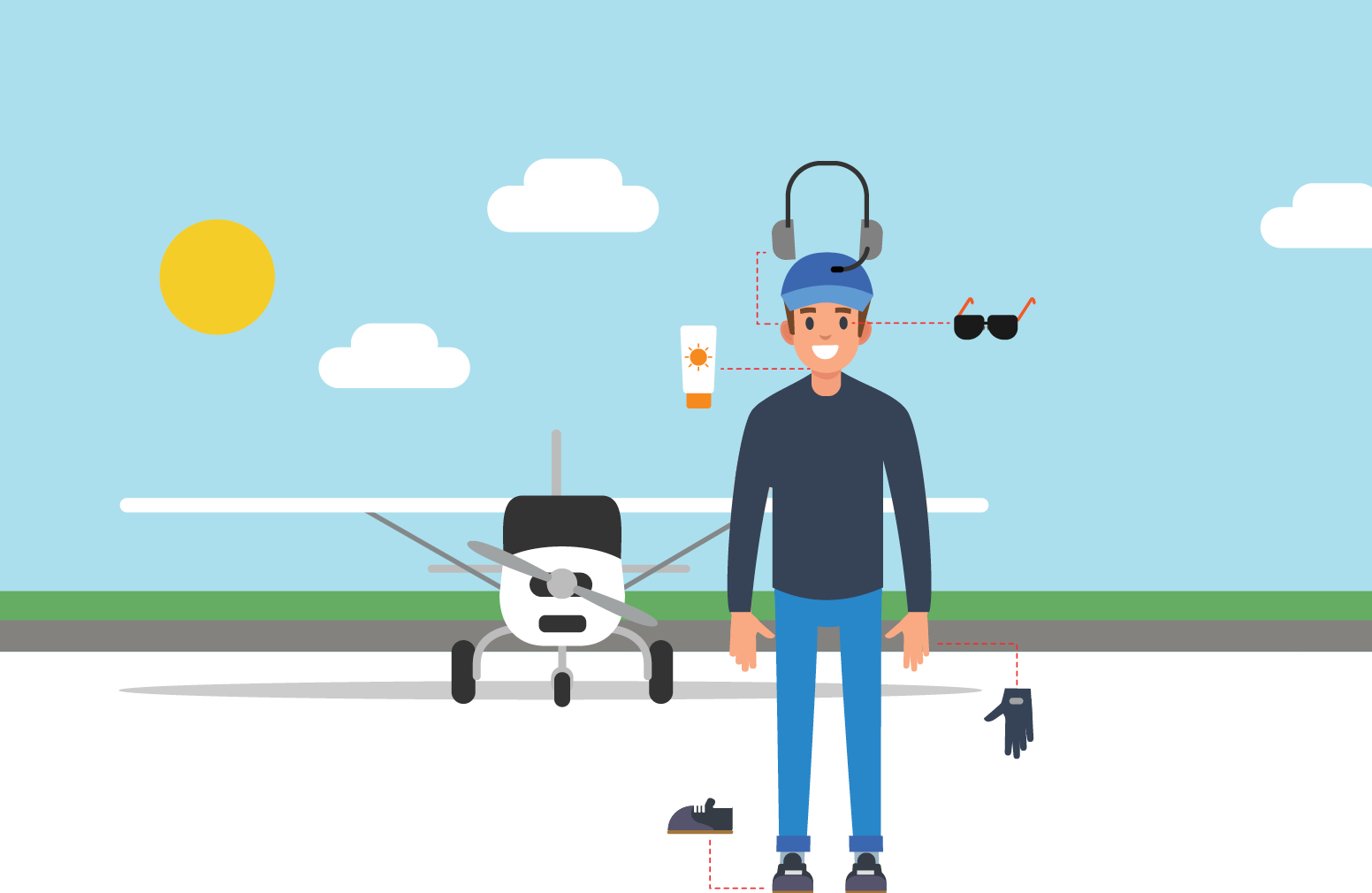Clint Eastwood said it best in the film Dirty Harry: ‘A man’s got to know his limitations.’
A pilot certainly has to know their limitations. The job of flying can be demanding. Whether it’s dealing with long and unpredictable hours, lack of sleep, fatigue, stress, a high workload or simply struggling to eat well and stay healthy, it’s all a big challenge. Add to this a full day of flying including planning, demanding routes, dirt strips, refuelling, baggage handling, not to mention passengers, it’s a demanding profession. And add in home-life pressures, bills, or second jobs, these all add their weight to a pilot’s wellbeing.
Depending on how they are managed, these issues can be a simple daily challenge or an overwhelming problem which can adversely affect performance.
Medical professionals agree that fatigue, stress, mental health, diet and wellbeing are a challenge to all pilots. Doctor Glenn Singleman, Intensive Care Specialist and wingsuit pilot says, ‘Pilots need to spend time having their own health and safety as a priority and that to me is about exercise and diet.’
Ian Hosegood, Medical Director at Qantas says, ‘Sleep is absolutely tantamount to wellbeing. It has a significant impact on both physical health and mental health and of course with the risk of fatigue within aviation operations, getting a good sleep is really important.’
The third booklet ‘Human performance’ in the recently updated Safety behaviours: human factors for pilots looks at the issues that effect human performance such as diet, stress, fatigue, mental health and the importance of peer support, and also looks at the effects that alcohol and other drugs have on performance. There are helpful hints on the management of stress, both on the ground and in flight, and on the benefits of investment in wellness: healthy diet and eating ‘real food’. There are dietary tips, both for at home and when away, and also looks at the benefits of exercise.
The section on alcohol and other drugs discusses the safety-critical effects of alcohol on the brain, eye and middle ear, and provides advice on the symptoms of substance abuse. There are a number of success stories from the human intervention motivation study (HIMS) program in Australia, which can help pilots with a substance abuse problem who would otherwise be lost to the industry.
The workbook includes practical exercises, including a self-administered fitness to fly test, and a test of ‘alcohol IQ’. In the video (see attached), pilots and operators talk about ways of handling human factors issues so that pilots can stay both physically and mentally fit to fly.
Safety behaviours: human factors for pilots’ kit is out now for free on the CASA website, or can be ordered in print and on USB from the CASA Online Store.





Comments are closed.